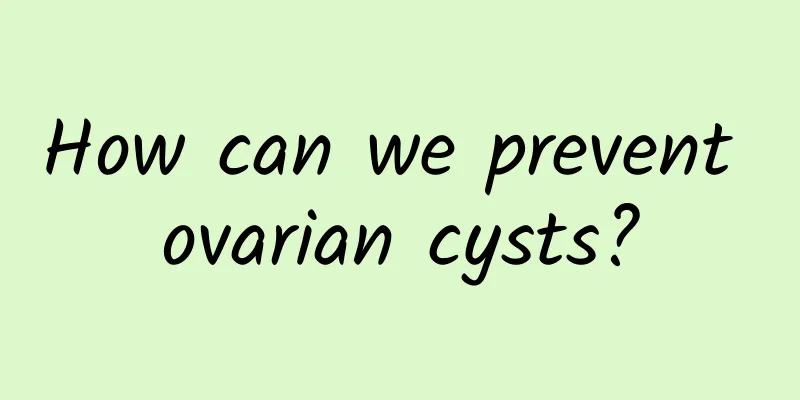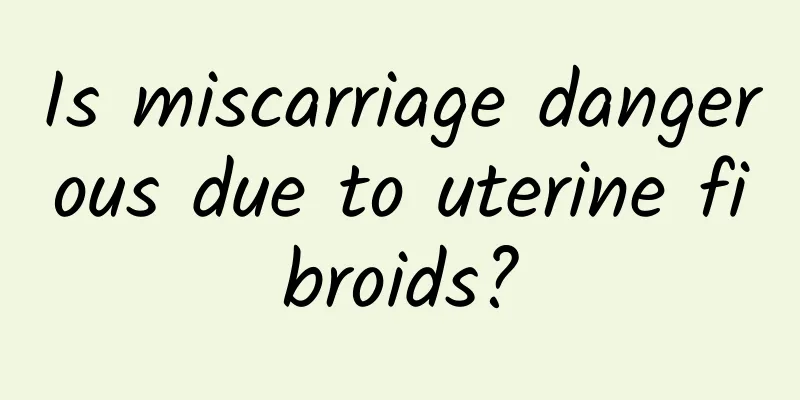Can patients with adenomyosis eat seafood?

|
Can patients with adenomyosis eat seafood? Patients with uterine fibroids are advised to eat less seafood. Since the cause of uterine fibroids is unknown, it may be related to excessive estrogen levels in the body and long-term estrogen stimulation. We should pay attention to eating less estrogen-containing foods in our daily lives. Seafood is delicious and nutritious, but it is a hair-raising food. Patients with uterine fibroids can eat less shrimp, crabs and other seafood. In addition, it is best not to eat the following foods: 1. Don’t eat hot food Some hot foods are good products for women to replenish blood, but they are not suitable for women with adenomyosis, such as longan, red dates, and donkey-hide gelatin. These have the effect of promoting blood circulation. Taking them during menstruation will increase the amount of menstrual blood and make women more uncomfortable. 2. Don’t eat foods containing hormones Examinations have found that women with adenomyosis have significantly higher estrogen levels. Eating foods containing hormones will continue to increase the level, which is not conducive to the recovery of the disease, such as royal jelly. 3. Don’t eat spicy food Many women usually have a strong taste for food, and they especially like to put pepper, pepper and other flavor-seeking foods when cooking. This kind of spicy and stimulating food must be prohibited for patients with adenomyosis. If you eat it frequently, it will cause adenomyosis to become more serious. In addition, there are onions and garlic, and these seasonings should also be eaten less. 4. Avoid high-fat diet Studies have shown that high-fat foods help promote the growth of estrogen, which in turn increases stimulation to the uterus and leads to uterine disease, which is why most patients with adenomyosis are obese. Patients with uterine fibroids should eat more lean meat, chicken, eggs, quail eggs, crucian carp, white fish, cabbage, asparagus, celery, celery, spinach, cucumber, winter melon, mushrooms, tofu, kelp and other foods. |
<<: Does a right ovarian cyst hurt? What are the clinical hazards?
Recommend
Elderly people can’t lose weight? Eat high-fiber and low-calorie cucumber stuffed with meat
Some elderly people usually don’t dare to eat too...
Why do amenorrhea women who are not pregnant have galactorrhea?
It is well known that after giving birth, milk wi...
Experts explain what are the symptoms of Trichomonas vaginitis?
As more and more patients with Trichomonas vagini...
What are the treatments for vulvar leukoplakia?
Vulvar leukoplakia refers to localized or diffuse...
How much do you know about the care of vulvar leukoplakia?
How much do you know about the care of vulvar leu...
Comparison of the different symptoms of two common vaginitis
Vaginitis is a common gynecological disease. The ...
What are the effective diagnostic methods for uterine fibroids?
Uterine fibroids are very common female tumor dis...
For children with attention deficit hyperactivity disorder, depression, research shows that taking omega-3 and taking medication will have a greater effect!
To fight against COVID-19, recent studies have fo...
A must-have for winter weight loss! Chrysanthemum officinale protects the liver and promotes detoxification
It’s the peak season for hotpot again. For office...
What should I do if I have severe menstrual irregularities?
What should I do if I have severe menstrual irreg...
What are the treatment methods for female cervical erosion? Traditional Chinese medicine teaches you how to treat cervical erosion
Cervical erosion is a very common cervical diseas...
What are the common medicines for dysmenorrhea?
Dysmenorrhea is a common problem faced by many wo...
Can Chinese medicine cure female miscarriage?
Abortion seriously endangers women's health, ...
Women should pay attention to some common care methods for ectopic pregnancy
Nowadays, many pregnant women may have ectopic pr...
What are the best dishes for patients with uterine fibroids? What foods should patients with uterine fibroids not eat?
What are the best dishes for patients with uterin...









